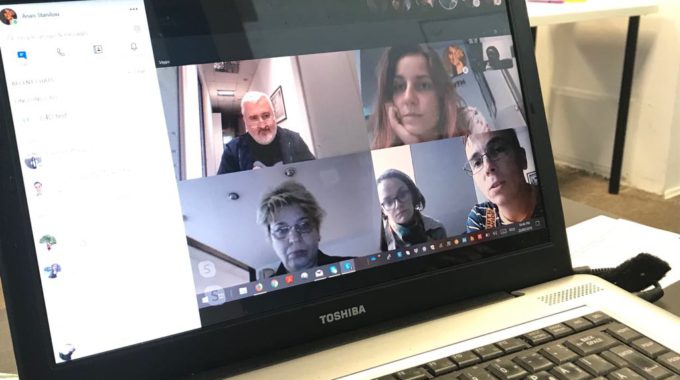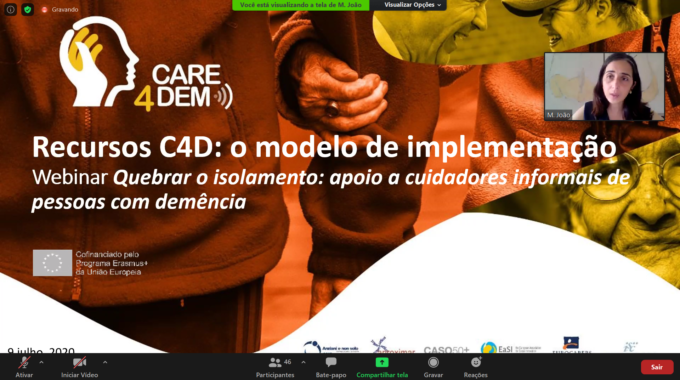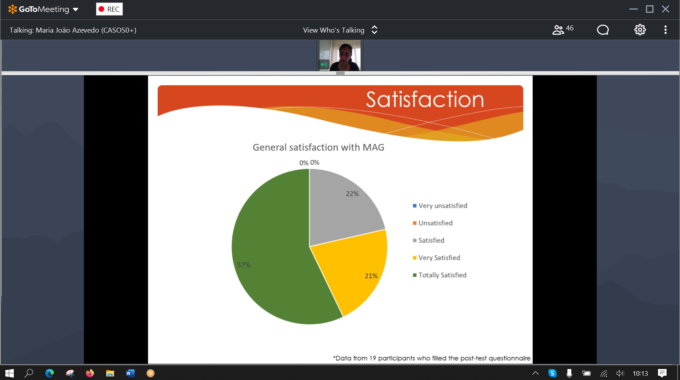
Piloting of the Care4Dem model of online Mutual Aid Group for carers started in Romania
The training course for facilitators was implemented by the European Association for Social Innovation in September 2019 in Bucharest, allowing the piloting of the intervention to be started.
The CARE4DEM training course for facilitators of mutual aid groups took place from 24 to 26 September in Bucharest, Romania. The course was aimed at professionals in the field of social sciences and health, interested in supporting informal caregivers. During the 3-days course, they learned how to facilitate a mutual aid group (MAG) designed for informal caregivers of elderly people suffering from dementia. Through different exercises, the participants learned the basics about dementia, and how to communicate adequately as an e-facilitator within a mutual aid group.
Initially, about 30 people from all over Romania registered to attend the course. Most of the people who registered belong to the field of social work, closely followed by health professionals (nurses, doctors, kinesiologists) and people working in the areas of psychology, public administration and enterprise. Some of the participants are also informal caregivers themselves in their day-to-day life, aside from being professionals in related fields. Eventually, 8 people participated in the training.
The training was composed of 27 hours in total, structured as follows: 12 hours of face-to-face course and 15 hours of online training. The participants have to follow a 3-steps evaluation process – one to be taken before beginning the training, the second one after the training, and the third one, 6 months after the training. The pre-course evaluation was very important so that the participants could assess their competencies and compare it to the knowledge gained during the course and after the implementation of the mutual aid group.
The face-to-face training course was structured in 3 consecutive days, each day amounting to 4 hours of coursework – composed of presentations, exercises and activities meant to train the participants for the mutual aid groups that they would eventually facilitate. At the end of the course, a Skype mutual aid group was simulated, to provide the future facilitators with the experience of moderating such a group in order to know better what challenges they would face and what to expect.





